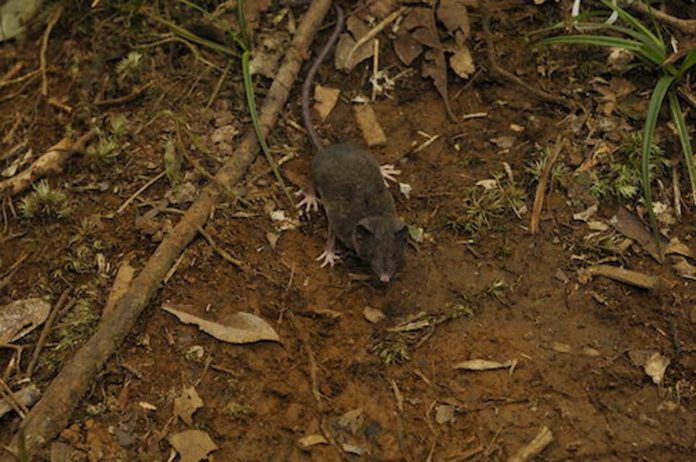Scientists have discovered 14 new species of shrews and it is the biggest number of mammals that has been described in a research paper after 1931. The new discovery is regarded as a major one. LSU mammologist Jake Esselstyn has led a team of scientists and they together have taken a decade-long journey in the Sulawesi Island where the Indonesian shrews’ lives.
The findings of this research have been published in the journal Bulletin of the American Museum of Natural History, under the title of “Fourteen New, Endemic Species of Shrew (Genus Crocidura) from Sulawesi Reveal a Spectacular Island Radiation”.
Other members of the research team were LSU doctoral student Heru Handika, LSU alumnus Mark Swanson, Indonesian Institute of Sciences in Cibinong student Anang Achmadi, Siena College in Loudonville student Thomas Giarla and Museums Victoria in Melbourne student Kevin Rowe.
The scientists have said that their discovery was overwhelming. The scientists have examined the extensive collection of genetic and morphological data that they have collected from new specimens between the years of 2010 to 2018. They have also experimented with another sample that has been collected in 1916. The researchers have experimented 1,400 new samples. They have recognised the 14 new species in Sulawesi. They have known that the diversity of shrews is three times higher than any other island of Sulawesi.
461 species of shrews have been identified so far. Shrews are a group of mammals. These mammals have a global distribution.
This discovery has made a major contribution. The lead researcher of the team Esselstyn has first tested the ecological and evolutionary hypotheses to have a clear idea about shrew diversity in Indonesia. After finishing studies, Esselstyn captured shrews on Indonesia in 2010. That time he realised that there are too many undocumented shrews on that Island.

